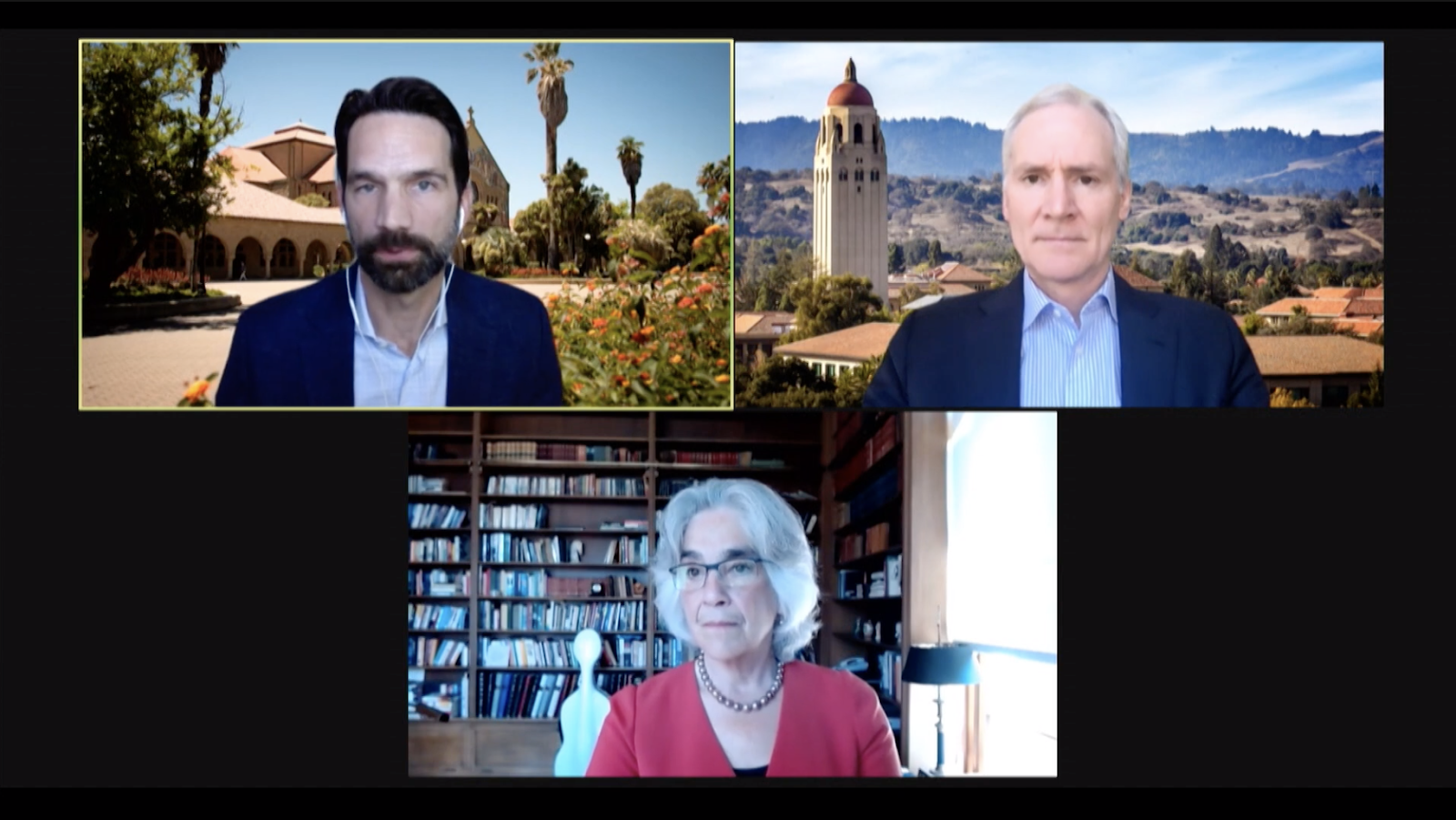After decades of Black student activism around AAAS departmentalization, Provost Persis Drell announced on Monday that the Framework Task Force recommended the departmentalization of the African and African-American Studies (AAAS) program. Now, the task force is charged with establishing a subcommittee to “work out the details” of an AAAS department.
“The recommendation to departmentalize is a major win for our entire community, especially the Black student organizers and allies who have fought for decades to gain autonomy for the Program in African and African American Studies,” wrote Black Graduate Student Association (BGSA) President Kimya Loder M.A ’20. “The Black Graduate Student Association and Black Student Union are prepared to see this effort through until a resourced, thriving Black Studies department is created at Stanford.”
The AAAS program has existed for over 50 years, and its inception was a direct result of Black student activism at Stanford, most notably the “Taking the mic” event in 1968. It was formed by a committee headed by anthropology professor James Gibbs Jr.
The BGSA, Black Student Union (BSU) and the Black Studies Collective have continuously advocated for AAAS departmentalization. The BGSA has held teach-ins, town halls and demonstrations since the summer to demand departmentalization of the program.
The Framework Task Force’s recommendation comes three months shy of its May 1 deadline to fully report its findings. However, task force chair and sociology professor Matthew Snipp mentioned in early February that he did not know if the task force would be able to meet the deadline.
The task force, which was created in October to consider “the advantages and potential drawbacks of departmentalization,” consists of AAAS program director Allyson Hobbs and professors in departments related to the program.
“The development of the Framework Task Force was a direct response to the labor of Black students and allies pressuring the university to revisit its commitment to spaces like the Program in African and African-American Studies and the King Research and Education Institute,” wrote Loder in an early February email to The Daily.
Some were skeptical of the task force’s ability to promote the departmentalization of AAAS. Prior to the announcement of the task force’s recommendation, former BSU co-president Kory Gaines ’21 was not optimistic about the task force’s impact on departmentalization.
“I think admin tries to make these slippery slope arguments that like ‘if we departmentalize Black Studies we’ll have to departmentalize everybody’ or something,” said Gaines in an early February interview with The Daily. “The task force needs to know that a lot of the ethnic studies programs are fighting to stay alive, and fighting to keep certain faculty or fighting to give them tenure.”
No ethnic studies program is currently departmentalized. The lack of a department, specifically for the AAAS program, poses several disadvantages to students engaging with the program, including difficulties accessing research and thesis work. Students also face challenges while searching for major advisers due to the interdisciplinary nature of the program, as faculty within the AAAS program come from other departments.
Drell also said that faculty who wish to move to the AAAS department must develop a proposal to present to the School of Humanities and Sciences Dean, Advisory Board and Board of Trustees who ultimately must approve in order to departmentalize the program. According to Drell, the development will not take place until next year. The development and approval timeline is currently unknown.
“Those faculty have allegiances to the department that pays them before the interdisciplinary programs,” Gaines said. “It’s such a popular major among undergrads, too. There are majors that exist right now that are departments, and there’s like six undergrads majoring in those.”
For example, there are currently three undergraduates pursuing a degree in the geological sciences department at Stanford. There was one geological sciences degree conferred in the 2019-2020 school year, while 14 students conferred African and African-American Studies degrees that same year.
Snipp did not immediately respond to The Daily’s request for comment when asked about the task force’s recent recommendation.
When asked about Stanford’s decision to utilize a task force process to consider the departmentalization of AAAS in early February, Snipp said that “different universities have different sets of constraints and different opportunities.”
Harvard, Yale and the University of California, Los Angeles are among the universities with departments dedicated to Black Studies.
“This can happen. Stanford’s peer institutions have departments for Black Studies,” Gaines said. “This task force has to have departmentalization on the top of its agenda because that’s just one piece of ‘the study of race.’”
